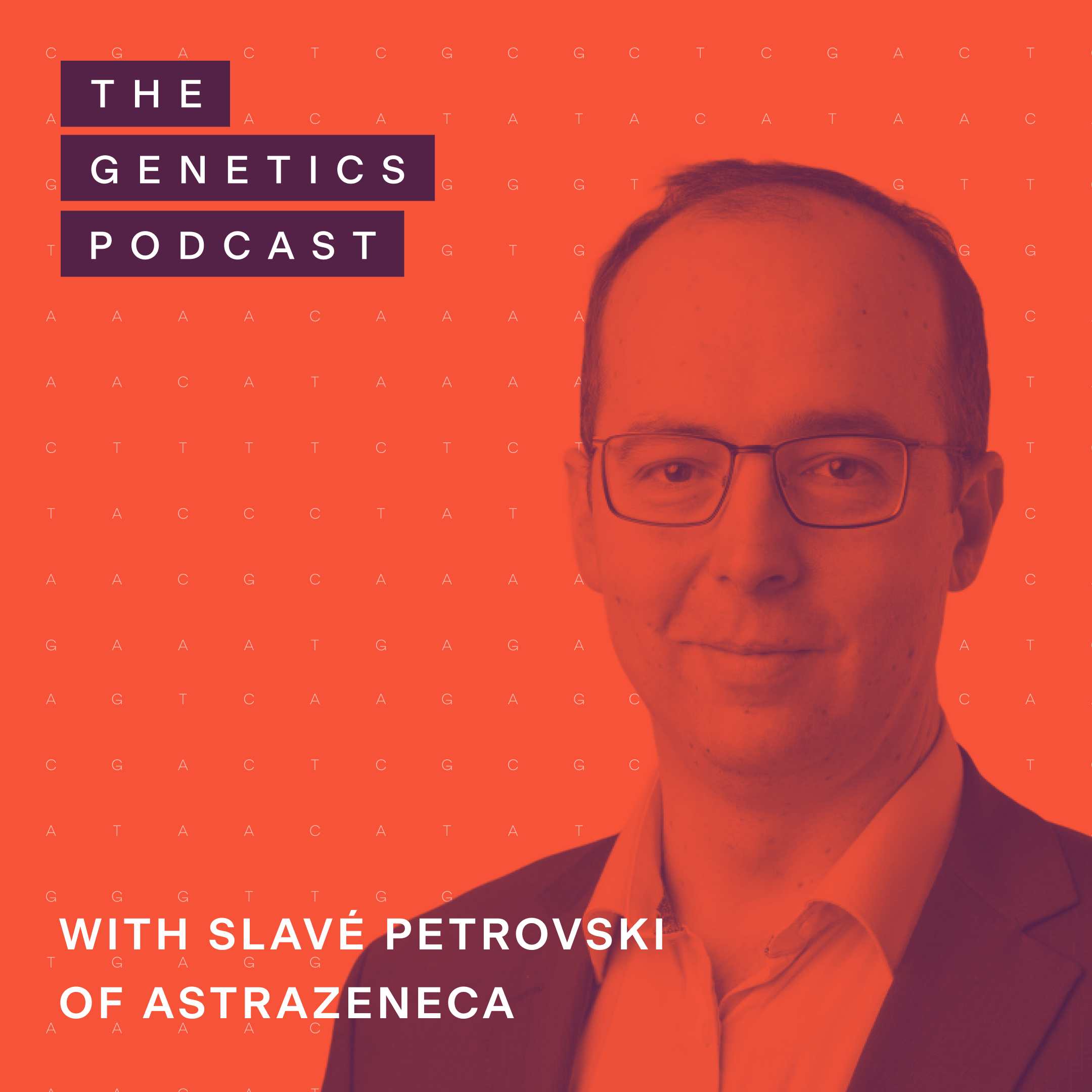Clinical research blog
Explore our blog for insights into the big questions in precision medicine and clinical research.
In the last episode of The Genetics Podcast, Patrick spoke with Dr. Slavé Petrovski, Vice President of AstraZeneca’s Center for Genomics Research. Slavé oversees one of the largest human genomics resources in industry and uses it to support target discovery, biomarker development, disease prediction, and other programs of work. The conversation covered his career path, how large biobanks change the questions we can ask, how to identify protective biology in populations, and why computational sustainability now matters as much as technological advances.
Spatial omics have revolutionized biomedical research in recent years. The use of spatial techniques unlocks cell-specific understanding of disease, which supports the development of precision therapies aimed at the right cells and pathways. This has been especially valuable in oncology, where cellular heterogeneity and cell-to-cell interactions influence tumor development and treatment response.
At Sano, every product, pipeline, and participant experience depends on secure, reliable, and scalable infrastructure. That foundation is shaped by our platform engineering team, who work mostly behind the scenes so that everyone else can move faster and more safely.
In the last episode of The Genetics Podcast, we spoke with Dr. Ellen Reisinger, Professor at the University of Tübingen. Ellen has spent nearly twenty years studying the molecular mechanisms of hearing, particularly the role of otoferlin (OTOF) in inner hair cell neurotransmission. Her early work was fully basic science, focused on gene expression during cochlear development and the fundamental biology of hair cell function.
Recent activity in the US and UK offers important signals for how personalized and rare disease therapies may evolve. Scientific teams are building structured editing platforms, regulators are considering new evidence models, and national systems are exploring flexible licensing approaches. Taken together, these shifts reflect growing recognition that traditional development and regulatory pathways cannot accommodate the rising number of gene-specific and variant-specific therapies. They point toward practical strategies that could make next-generation therapies more feasible to develop and deliver. This blog highlights three developments and what they could mean for future sustainability and commercial viability in precision medicine.
At the recent Evolution of the Cell and Gene Therapy (CGT) Sector Workshop by the Alliance for Regenerative Medicine (ARM), speakers from across industry, academia, and advocacy explored what needs to happen next for cell and gene therapies to reach full maturity. The consensus was clear that innovation in CGT is progressing faster than the systems that support it. The next challenge is to make these therapies scalable, reliable, and accessible. In this blog, we cover six key themes that emerged from the discussions.
On the latest episode of The Genetics Podcast, we spoke with Ananth Sridhar, Chief Operating Officer for cardiorenal programs at BridgeBio, and Sun-Gou Ji, the company’s Vice President of Computational Genomics. The conversation explored how BridgeBio’s distinctive hub-and-spoke model enables sustainable rare disease drug development, how genetics drives their discovery work, and why the right economic model is essential for tackling small patient populations.
AI is becoming a core component of drug development and clinical research. Models are improving and regulatory frameworks are evolving, but progress still depends on the quality and structure of the underlying data. To move from experimental AI to operational AI, organizations need datasets that are traceable, standardized, and auditable from source to model output.
In drug discovery, data is the key to success. Although more and more large-scale data is being generated every year, much of it is inaccessible or fragmented. Genomic sequences sit in one silo, proteomic measurements in another, imaging data in a third, and clinical information across even more systems. The result is vast potential locked behind barriers due to inconsistent formats and disconnected workflows.
In the last episode of The Genetics Podcast, Patrick spoke with Justin Porcano, co-founder and executive director of Save Sight Now, a nonprofit accelerating therapies for Usher syndrome type 1B (USH1B). Justin and his wife, Rosalyn, launched Save Sight Now after their daughter, Leah, was diagnosed in 2018. The rare genetic condition causes profound deafness at birth, vestibular dysfunction, and progressive vision loss.










